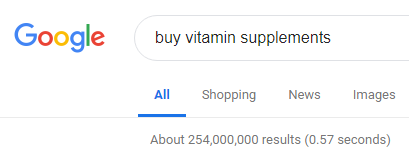I somewhat agree but don’t think eating keto is much more of a risk factor than following any other dietary practice or eating mindlessly following no practice at all. Nutritional deficiencies are common. A large fraction of the population is magnesium deficient, a large fraction is potassium deficient, a large fraction is vitamin E deficient, etc. There are many identified essential and conditionally essential nutrients so the odds are good that most everyone is deficient in one or more. Governments have recognized the problem and addressed some of the most common acute deficiencies through food fortification programs such as iodized salt, vitamin A & D milk, flours with riboflavin, niacin, folic acid and iron, etc. Multi-vitamin and mineral supplements are very popular because of widespread recognition of the problem. Unfortunately most studies find the practice of little to no value. I think in part due to supplements often being composed of very stable vitamin precursors or forms of minerals such as oxides that have poor bioavailability, especially by those in poor health. Ratios also matter, a diet with too much copper and too little zinc may not be much improved by high doses of each in a supplement, especially considering there is a rate limited absorption of zinc so it is best gotten in moderate amounts at each meal versus a big dose in a pill.
Restrictive diets can increase deficiency risks. But keto is very flexible only restricting sugars, starches and other forms of digestible carbohydrate which aren’t exclusively linked to any other nutrients.


